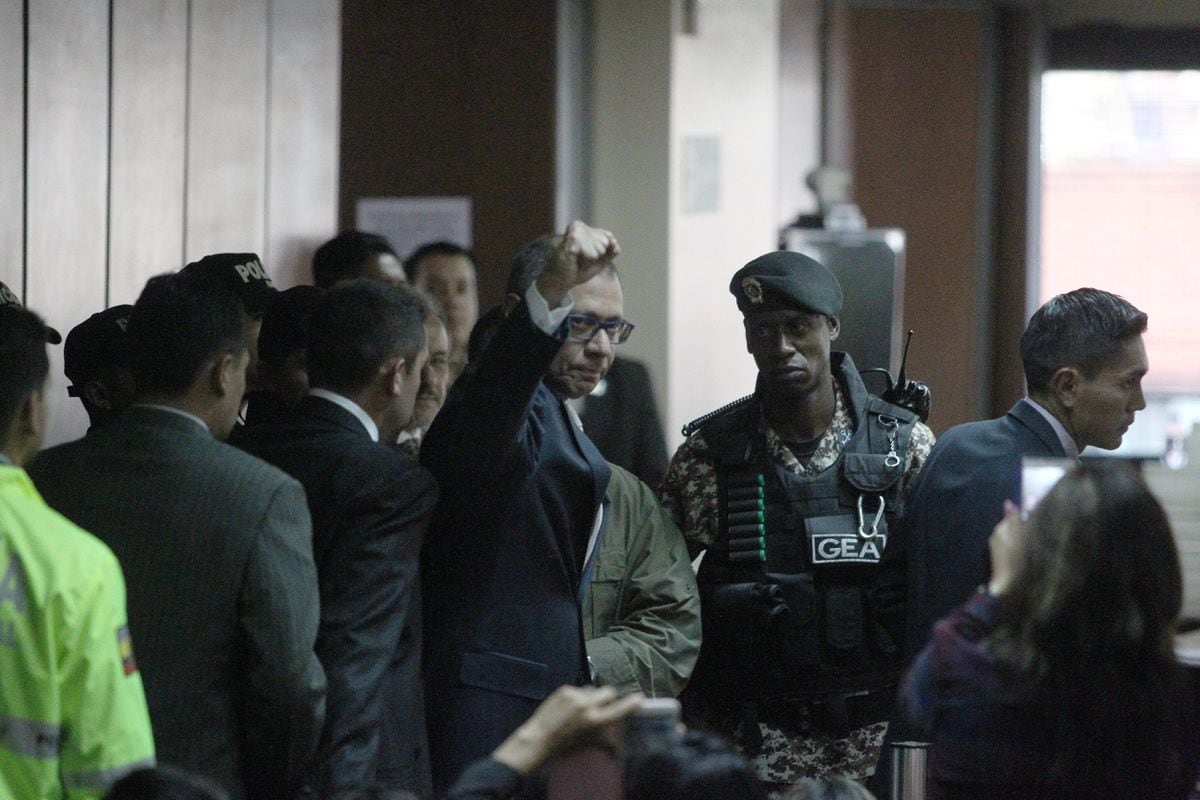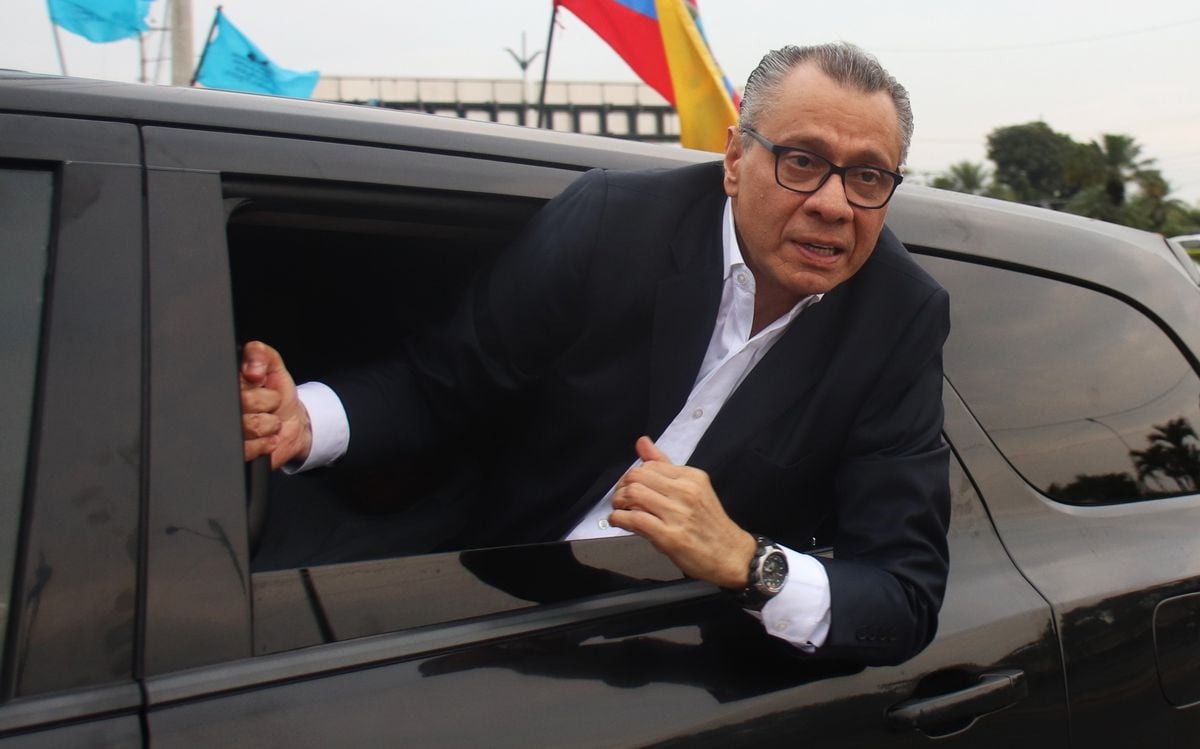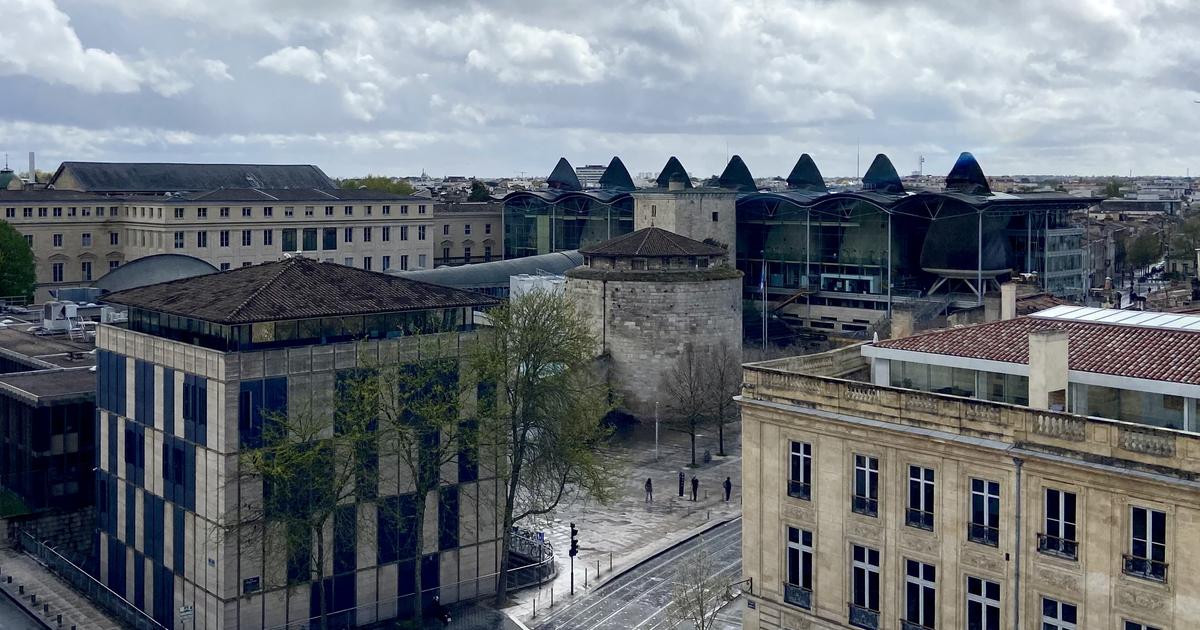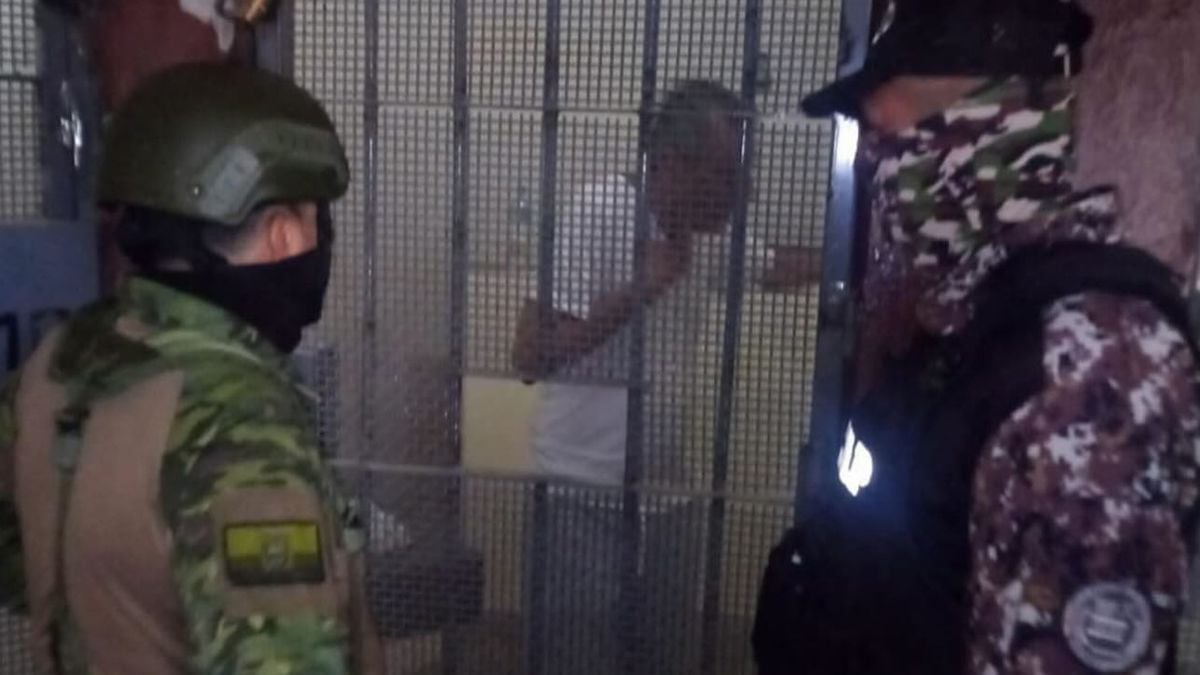Francisco Correa upon his arrival at the National Court, on January 30, 2023, where he is tried for another piece of the 'Gürtel case'. Alejandro Martínez Vélez (Europa Press)
The judge of Penitentiary Surveillance of the National Court, José Luis Castro, has granted the third degree or semi-freedom to the one who was number one of the Gürtel plot, the businessman Francisco Correa, according to Efe and confirmed by EL PAÍS. The magistrate's resolution, to which this newspaper has had access, amends the decision of Penitentiary Institutions, under the Ministry of the Interior, which, in the first instance, had decided to keep Correa in prison, which caused the prisoner's appeal that the judge has now estimated. Prisons considered that the businessman should not yet access semi-freedom due to the seriousness of the crimes committed – he has been sentenced to 105 years and seven months in seven trials for corruption – the existence of three causes for which he has yet to be tried, his "family breakdown" and the prognosis of recidivism "medium high" attributed to him by prison experts. However, for Judge Castro, Correa meets "all the requirements" to access semi-freedom, including "the existence of a proven job offer in a media outlet."
The businessman is the third of the main convicted for the corruption plot that accesses semi-freedom, after in the last six months they have also reached it who was his lieutenant, Pablo Crespo, former Secretary of Organization of the Galician PP; and the former treasurer of the popular Luis Bárcenas. As happened in the case of both, the judge's decision, which can be appealed, will mean that Correa leaves the prison in which he is held, in his case the Penitentiary Center of Madrid III, in the town of Valdemoro, to serve the rest of the sentence in a Center for Social Insertion (CIS, where they are served by prisoners in an open regime). Predictably, in the CIS Victoria Kent, located in the center of Madrid, the same one in which they are, precisely Bárcenas and Crespo. Once there, prison professionals will design a plan for the execution of the remainder of the sentence, which will include daily trips to work. This plan will also detail whether he should go to the prison to sleep and how many days. Typically, he only has to spend the night in the center from Monday to Thursday, prison sources say.
In his order, Judge Castro dismantles the arguments that Penitentiary Institutions used to oppose Correa's semi-freedom. Thus, on the "criminal gravity" of the facts for which the businessman was convicted, he emphasizes that this factor "cannot be maintained constantly, since it would prevent assessing the evolution of the prisoner." In this sense, he emphasizes that, in addition, in the case of the leader of the Gürtel this evolution in prison has been "very positive".
Regarding the pending processes – he is being judged in the piece by Francisco Camps and must still be for a specific one of laundering and that of the irregularities of the plot in Arganda – the judge recalls that the National Court fixed at the time a maximum of 18 years of compliance and that, predictably, the sentences he could receive for these cases would not mean an increase in this figure, of which it has already fulfilled more than half. And he emphasizes that this removes the possibility of "a possible breach [of conviction]" in case of being convicted again.
On the alleged "family breakdown", the magistrate points out that it cannot be taken "as an unfavorable circumstance to obtain the third degree" considering it a subjective element. In addition, he recalls that Correa has been enjoying in recent years "permits [for release from prison] without any negative incidents with the support of his partner and his son." And he adds that the psychological reports that have been prepared about him in the penitentiary center present him as "a mature, balanced and stable person."
Finally, on the "medium-high recidivism forecast" awarded by Penitentiary Institutions, the judge shows his discrepancy and recalls that Correa "has assumed his criminal and civil responsibility [contributed to repatriate the 24 million euros he had in accounts in Switzerland], has collaborated with the administration of justice and has enjoyed exit permits without incident. " And he points out that to all this is added "the antiquity of the criminal acts and that the circumstances in which the criminal activity for which he has been convicted occurred will hardly occur in the future."
For all these reasons, and in view of the fact that the reports of the Treatment Board – the prison body formed by prison professionals that proposes the classification of inmates – include both "positive and negative factors", but no "unfavorable qualitative variables" are found, concludes that Correa "meets all the requirements to be classified in the third degree" and, specifically in the modality established by article 83 of the Prison Regulations, the most common, in the presence of a job offer.
The judge's decision culminates a rapid change in Correa's prison situation, which in March 2021 still saw how Penitentiary Institutions denied him exit permits despite having served three years earlier, in April 2018, the first quarter of the sentence, the temporary requirement set by the Penitentiary Regulations to request these departures. Then, the businessman wrote a letter to Judge Castro – who until then had endorsed the decisions of the Interior Ministry – in which he reminded him that he had begun to collaborate with justice and asked for forgiveness for his crimes. "At one point in my life I had access to ways to earn illicit money and easily, when I should have refrained from such practices," he said. And to dispel any shadow of doubt about his sincerity, the businessman added that "it is not a formal repentance but a deep reflection." Four months later, the magistrate granted him the first permit, then with significant restrictions, including telematic control.
Subscribe to continue reading
Read without limits
Read more
I'm already a subscriber

/cloudfront-eu-central-1.images.arcpublishing.com/prisa/7NID4U4KZITWVG74Q6EX3GIHDI.jpg)


/cloudfront-eu-central-1.images.arcpublishing.com/prisa/W3IPUQJVVJGIRIK7S64EZBRHH4.jpg)



/cloudfront-eu-central-1.images.arcpublishing.com/prisa/LWK5VCYPKCJNXGUFQDAIJVRK5A.jpg)


/cloudfront-eu-central-1.images.arcpublishing.com/prisa/KMEYMJKESBAZBE4MRBAM4TGHIQ.jpg)



